Description
Many people don’t know is that the sun is our biggest source of blue light. It’s more or less why the sky is blue.
So we do need blue light, but it turns out too much of it at the wrong time isn’t good for us.
The artificial blue light from our television, computer and phone screens at night can cause poor sleep.
Research tells us there is a definite link between our exposure to blue light and our sleeping patterns. How much …research still remains inconclusive.
When the cells in our eyes detect the brightness of the light around us, they tell the brain to get up and be active or to go to sleep.
Our constant connection to smartphones, tablets, computers/laptops certainly can contribute to an increase in headaches, sleep disturbance, difficulty concentrating as well as dry or sore eyes.
It is recommended that when working in front of a screen apply the 20-20-20 rule, where every 20 minutes you should look at something 20 feet away for 20 seconds to give your eyes a break.
It’s a good habit to get into, but it isn’t always realistic, and it isn’t the only thing you can do to help your eyes.
Comment from our solutionist….
Personally, I sometimes get light-sensitive headaches, and I’ve found that tinted lenses can help reduce them. For that, blue light blocking glasses are very useful. They warm up the light, blocking out a bit to give your eyes a rest. They can relieve eye strain, which is their real value rather than the promise of simply blocking out blue light.
So you might in fact be well served by getting some blue light blocking glasses.

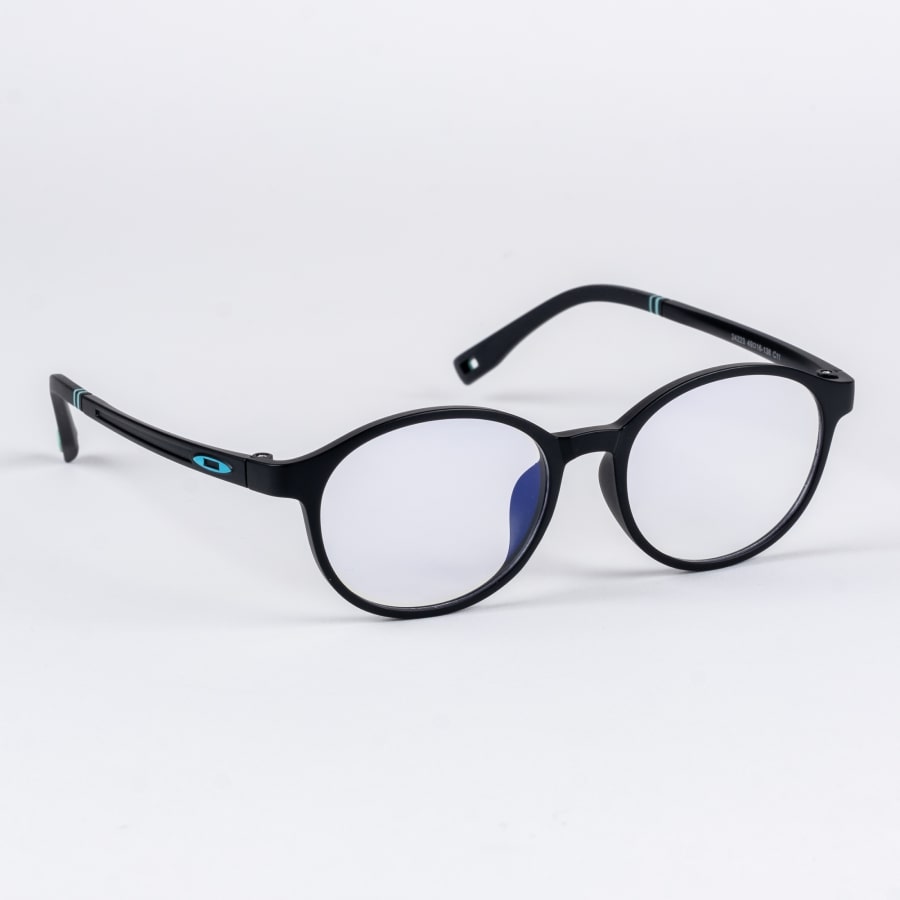
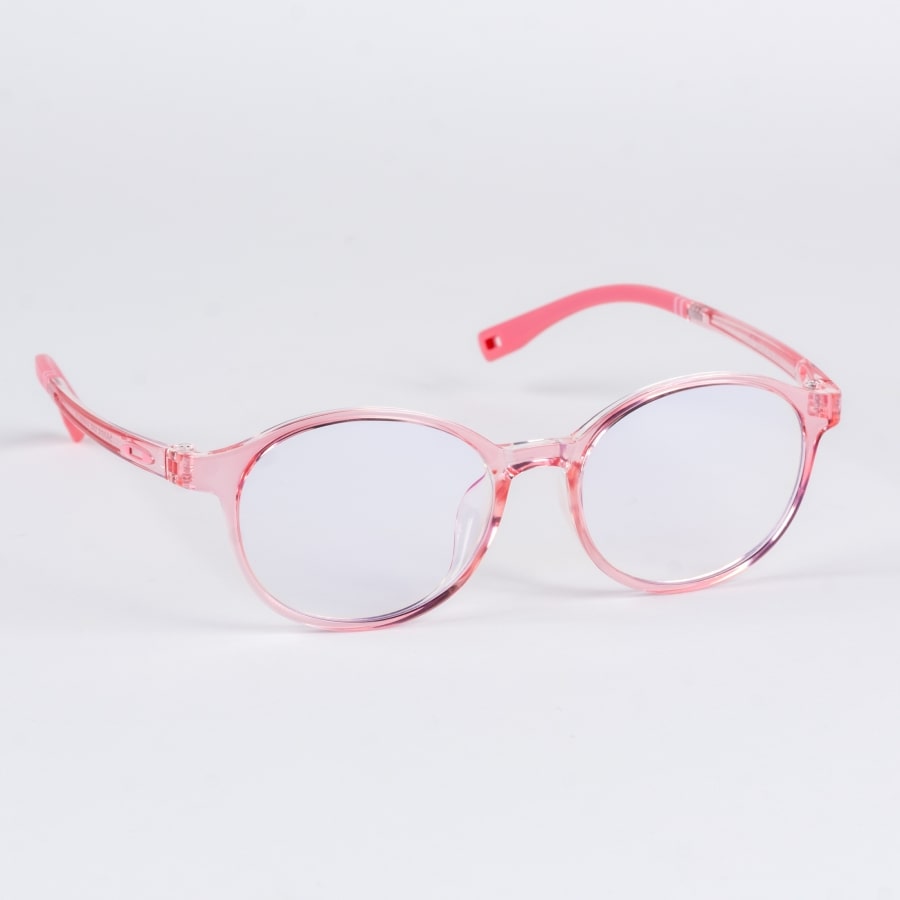
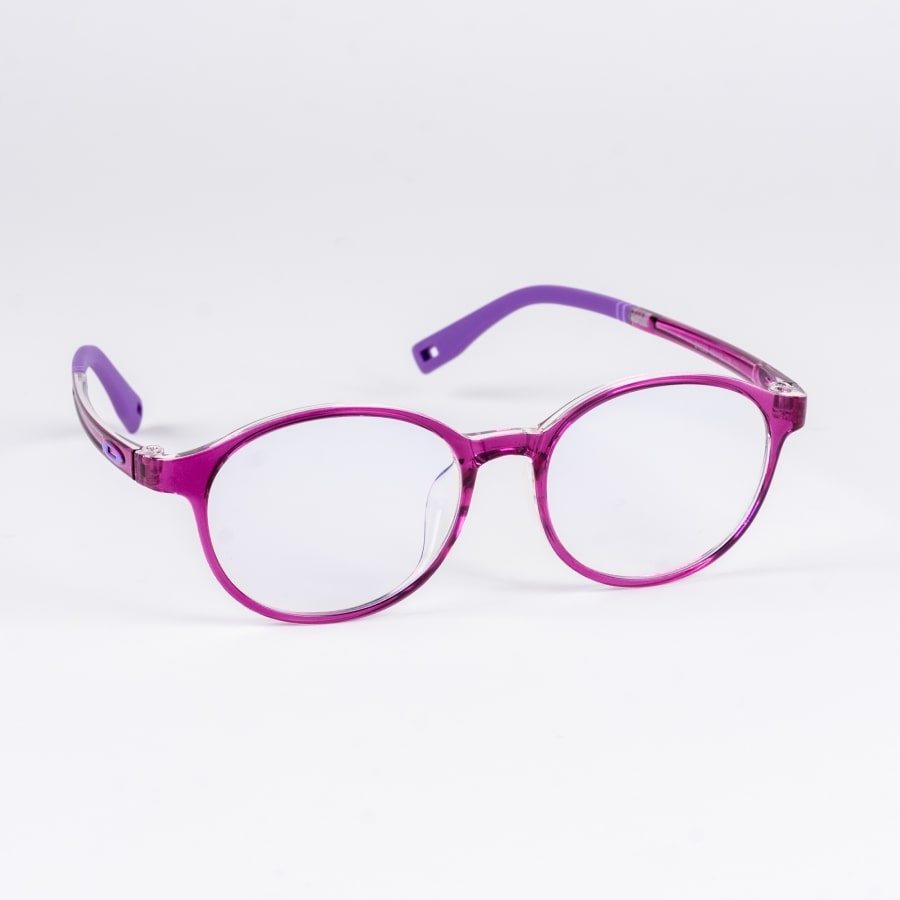
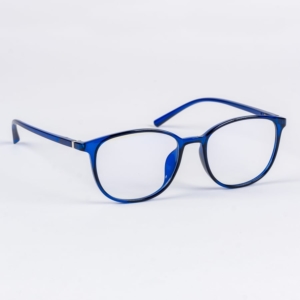
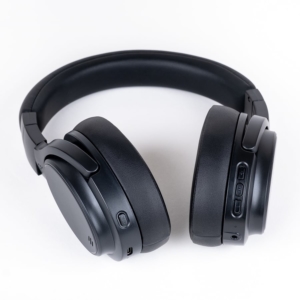
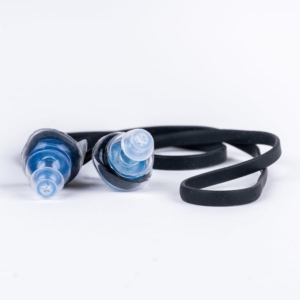
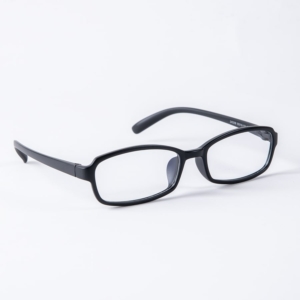


Reviews
There are no reviews yet